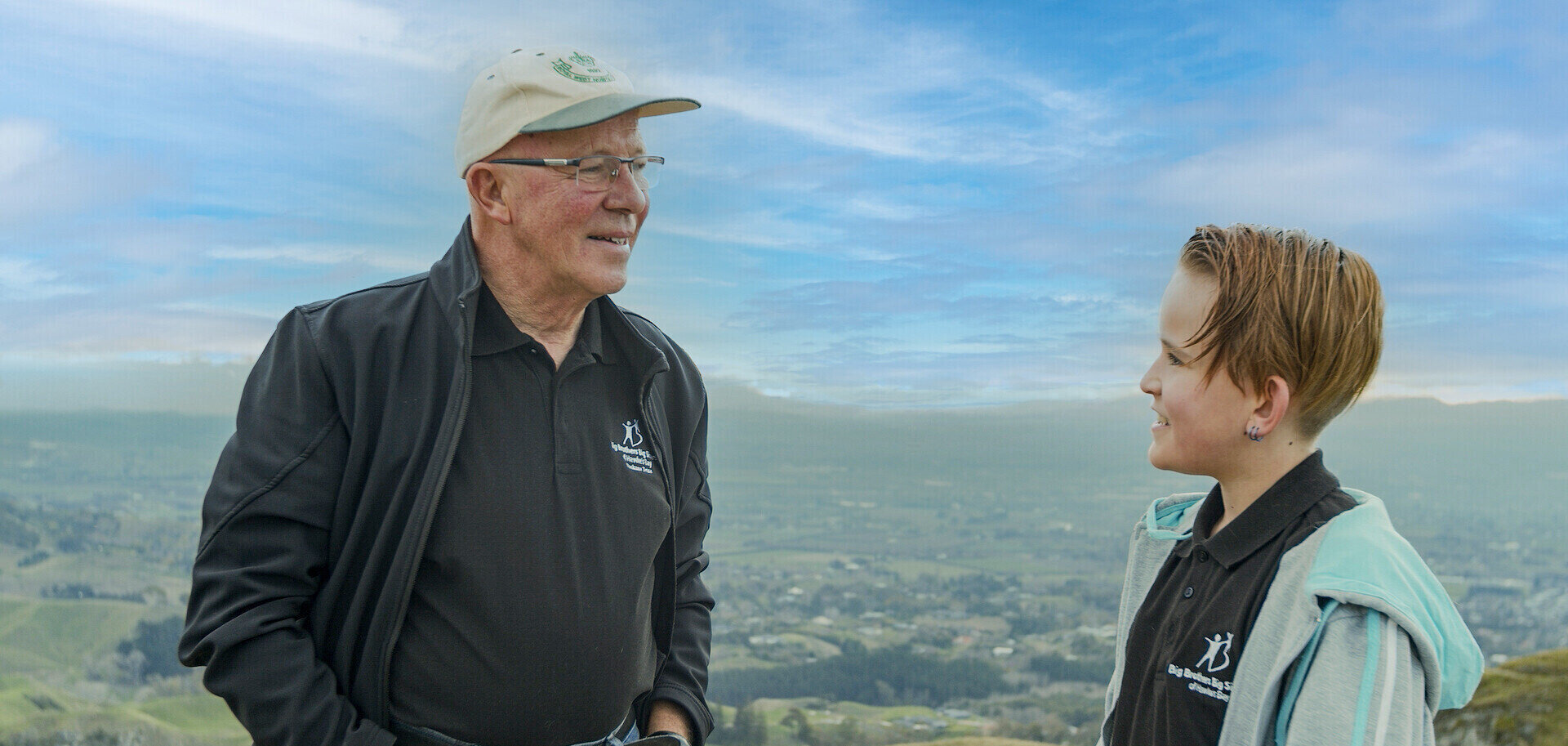Who are the Mentors in the programme?
Our Mentors come from diverse backgrounds, just like our Little Brothers and Little Sisters. They are regular people, just like you, who want to have a positive impact on a young person in need. What you have or haven’t accomplished isn’t an issue. Role models come in all shapes and sizes, and you could be a perfect fit!
All you need to become a mentor is a car, driver's licence, clear background check and positive references.
As a mentor you provide support and encouragement, spend quality time sharing common interests and are a role model to your mentee. Building positive connections helps a young person build resilience, gain confidence, and achieve new levels in all areas of their life. The most important thing to remember as a mentor is that you want to have fun with your mentee! You will provide a listening ear, share your skills and knowledge and get to make a difference to the community through the life of your mentee.
Do I need special skills or qualifications?
Not at all, every mentor who joins the programme brings their own unique skills set and attributes, all of which are valuable in the life of a young person. We also have training before you are matched.
Do I need to have a car and a full drivers license?
Yes, you require access to a car and a full drivers license as you will need to pick up and drop off your mentee each time you go out.
What is the commitment expectation?
We ask for one hour each week, you can however give more depending on the outing you choose to do. Outings are typically between one to two hours.
We ask for a minimum of 12 months commitment to the programme, where the benefits of mentoring are believed to become more ingrained and long lasting.
What if I have a holiday planned or get sick?
We understand that you have a life too, and that sometimes people get sick. If you know you are going away just let us and the parent/caregiver know so they can plan. If you are sick you would let your mentee’s parent/guardian know.
How long is the application process?
The application process can take up to six weeks as it includes an interview, home visit, police background check and referee checks. Then you undertake your orientation training. Once you are accepted on the programme as a mentor we will consider the young people waiting for a mentor and how their interests and needs will work well with yours.
To ensure the longevity of a match we carefully consider geographic location, interests, personality and needs of a young person before we match them with a volunteer mentor. In some instances, we may have the right fit with a young person and volunteer straight away, which means a match could happen very quickly, but this is not the norm.
What does training involve?
You will be in a group of other new mentors and we take you through a four hour programme including topics such as health and safety, risk management, child behaviour, match life cycle, communication, behaviour guidelines, child safety and strategies for common problems.
How will I be matched with a child?
The application and interview process helps us to get to know your preferences as well as the situation best suited for you. It also helps you to get to know us and the programme expectations. We take into account your personality, likes, dislikes, age preferences, background and location. However, the final decision is yours.
The right fit is so important because it means the minimum 12-month commitment, where the benefits of mentoring are believed to become ingrained, is most likely to happen. Taking time helps ensure matches do not end early, causing a negative impact on the young person and/or mentor.
Most mentors will see their mentee on the weekend, others meet up after school. Some matches meet the same day and time each week, and others vary.
Who are the young people in the programme?
The reasons for referring a young person can vary, some join us from single parent households, others may live with a grandparent or guardian who may be stretched to meet all the young person’s needs in terms of giving one-to-one time.
Some young people may have experienced challenges and would benefit from having a friend and role model outside of the home. Others may have low confidence and would benefit from having a friend that can help nurture their self-esteem through talking, having fun and providing new experiences.
Is it safe being a mentor if I am male?
Yes, we understand the perceived concern about potential risks and social stigmas, however there are rigorous processes, training and monitoring in place to support both the mentor and mentee while on the programme. All our male mentors report a love of mentoring their young people, with no issues.
Can I mentor a child with my spouse/partner?
Yes! At Big Brothers Big Sisters Hawke's Bay we even have couples who mentor. You and your spouse or long-term partner can both volunteer in our programme. This is a great way to spend time together while also changing the life of a child.
There isn't a better way to volunteer than to do it with your spouse. By being a Big Couple you can help impact a child's life without sacrificing time with your spouse. We have lots of young people waiting for a Big Brother or Big Couple, you can make a difference, so start something today.
Many of our young people waiting for a mentor are boys. One way to match these waiting boys is to match them with Big Couple. It's good for the kid because they are able to experience a healthy relationship and it is good for the volunteers because they don't have to give up time with each other in order to volunteer.
What support does Big Brothers Big Sisters provide?
We vet and train our volunteer mentors, interview the young person and family to ensure everyone is on board, and establish interests and personality to make the most suitable match. After the application process you attend a four-hour orientation training session, you are then ready to be matched.
Once you are matched, a Mentor Coordinator provides professional match supervision throughout the match to all three parties (the child, family and mentor). After the match introduction meeting and first outing or two, we will check in on how things are going. Thereafter we communicate with all parties in person every month for the first 12 months. When a match reaches its 12 month anniversary we then check in every three months. BBBS team members are available outside these times by phone and email for any questions, worries or concerns too.
We also love to hear about wins and successes! BBBS provides support through ideas for activities, guidance in handling difficult situations and feedback on how a mentor (you) are making a difference, just by showing up! We also hold group events for mentors and mentees throughout the year.
How much money should I spend?
We discourage you from spending a lot of money on your outings. The goal of the relationship is friendship. You should focus your time on getting to know each other. We encourage you to seek out free or low-cost activities, especially in the beginning. You may also receive notices of opportunities for free tickets for your match to attend a variety of cultural and sporting activities.
Can I bring my spouse/friend/family member on outings?
In the beginning it is important for you and your Little Brother or Little Sister to get to know each other. This can happen best on a one-to-one basis. Over time it is also valuable for your Little Brother or Little Sister to get to know the people who are important to you. Keep in mind that if you’re spending lots of time with others your Little Brother or Little Sister may begin to feel jealous or neglected. Remember that the main focus is the friendship YOU have with your Little Brother or Little Sister.
What do I do when we go out?
For the first three months of a match, outings are required to be carried out in the community, visiting local parks, libraries, beaches and attractions are the norm for this period. After three months (subject to approval) the mentor has the option to take the mentee to their home where they often do creative activities such as baking, sewing, arts, crafts and building projects.
Share an activity that gives you something in common to talk about. Buy a comic book to read to each other, play a board game, or take a ride in the car with the radio on while you discuss music! You want to select activities that give each of you a chance to learn more about one another. For children, playing can be learning. Most importantly: keep it simple and have FUN!
Where does Big Brothers Big Sisters funding come from?
BBBS is a not-for-profit organisation supported by funds from generous donors including individuals, local business sponsors, grants from central and local government, philanthropic trusts and corporations.

